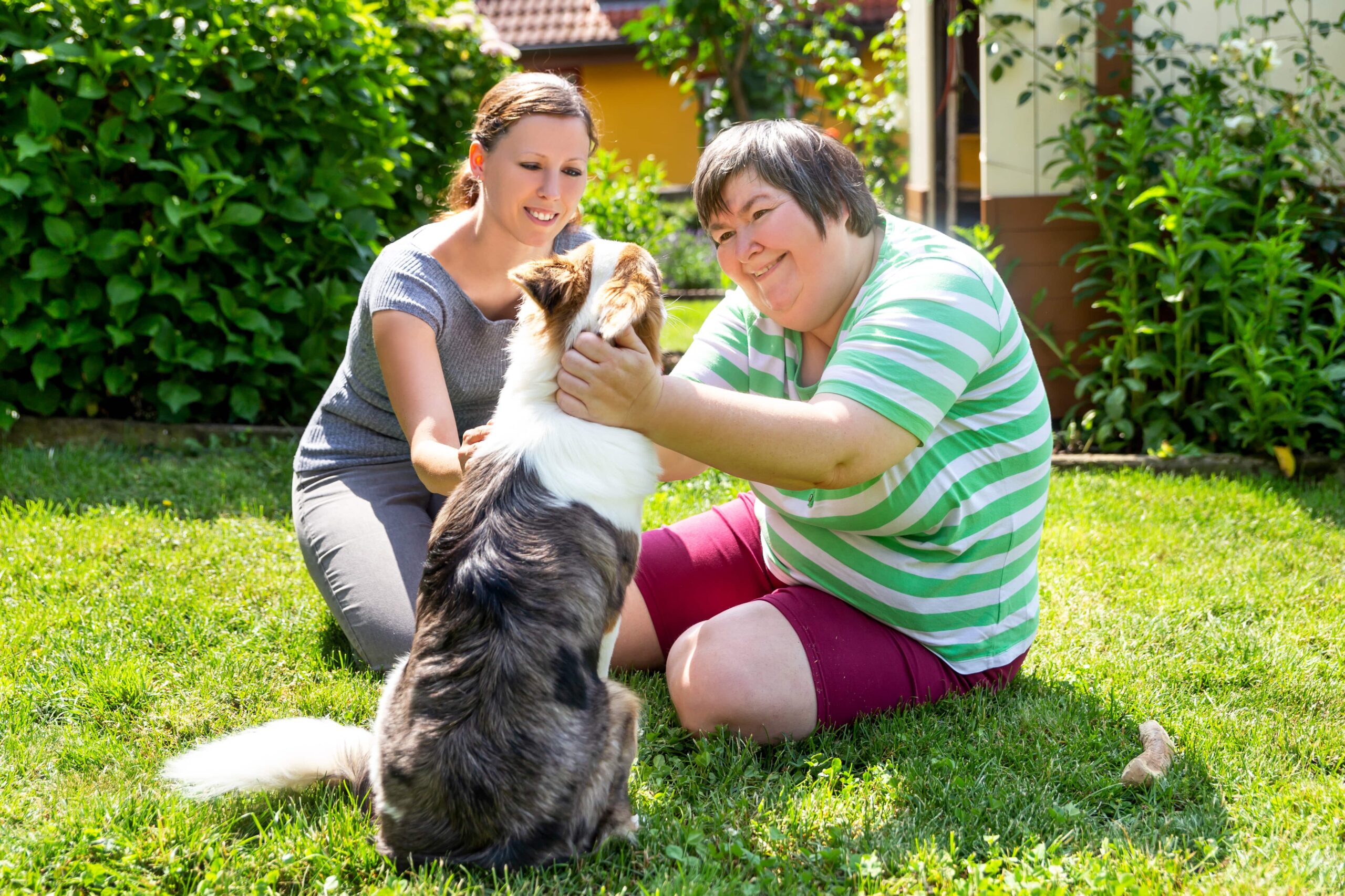Companionship care is a type of in-home care that focuses on providing social and emotional support to individuals who may be isolated or unable to fully participate in activities of daily living due to physical or cognitive limitations. This type of care can be beneficial for seniors, individuals with disabilities, and those recovering from surgery or illness.
Types of Companionship Care
There are many different aspects of this kind of care, including:
Conversation and companionship
Often, one of the primary goals of companionship care is to provide a friendly and supportive presence for individuals who may be feeling lonely or isolated. This can involve engaging in conversations, listening to stories and reminisces, and simply being there to provide a listening ear.
Assistance with activities of daily living
While companionship care is not typically focused on providing hands-on assistance with personal care tasks, it can involve helping with activities such as meal preparation, light housekeeping, and running errands.
Recreational activities
Companionship care may also involve engaging in recreational activities with the individual, such as playing games, going for walks, or watching movies. These activities can help to stimulate the mind, improve mood, and provide a sense of purpose and enjoyment.
Transportation
In some cases, companionship care may involve providing transportation to appointments, events, or other activities. This can be particularly important for individuals who may have difficulty getting around on their own.
Medication reminders
Another important aspect of companionship support is ensuring that individuals are taking their medications as prescribed. A companion can provide reminders and assist with organization of medications.
Safety supervision
In addition to providing social and emotional support, it can also involve providing supervision to ensure the safety of the individual. This can include monitoring for falls or other potential hazards, and providing assistance as needed.
Benefits of Companionship Care
There are many potential benefits to companionship care, both for the individual receiving support and for their loved ones. For the individual receiving care, companionship care can provide a sense of connection and purpose, as well as helping to maintain independence and autonomy. For loved ones, companionship care can provide peace of mind, knowing that their loved one is receiving the social and emotional support they need.
How Do I Obtain Companionship Care?
There are a few different options for obtaining this support, including hiring a private caregiver or using an agency. It is important to carefully consider the needs and preferences of the individual receiving care, as well as the level of support that is required. In some cases, it may be necessary to combine companionship care with other types of in-home support , such as medical or personal support, in order to fully meet the needs of the individual.
Things To Take Away
In conclusion, it is a type of in-home support that focuses on providing social and emotional support to individuals who may be isolated or unable to fully participate in activities of daily living due to physical or cognitive limitations. It can involve a wide range of activities, including conversation and companionship, assistance with activities of daily living, recreational activities, transportation, medication reminders, and safety supervision. There are many potential benefits, and they can be obtained by hiring a private caregiver or using an agency.
Complete Homecare 24
At Complete Homecare 24, we provide a variety of services including Companionship Care. We aim to ensure that our patients feel seen, and most importantly heard, through our high-quality home care. Every client has a tailored care plan, to enable our carers to understand specific needs and standards. To keep up to date, check out our Facebook and Instagram.






2 Comments
Palliative Care Versus Assisted Dying
4 January 2023[…] Palliative care and assisted dying are two distinct approaches to end-of-life care that often need clarification due to their similarities. While both are concerned with providing comfort and support to individuals facing terminal illness or terminal conditions, they differ in their focus and goals. In this article, we will explore the key differences between palliative care and assisted dying and discuss the unique roles that each plays in end-of-life care. […]
Kimberly Lamble
23 February 2023Dear completehomecare24.com administrator, You always provide great information and insights.